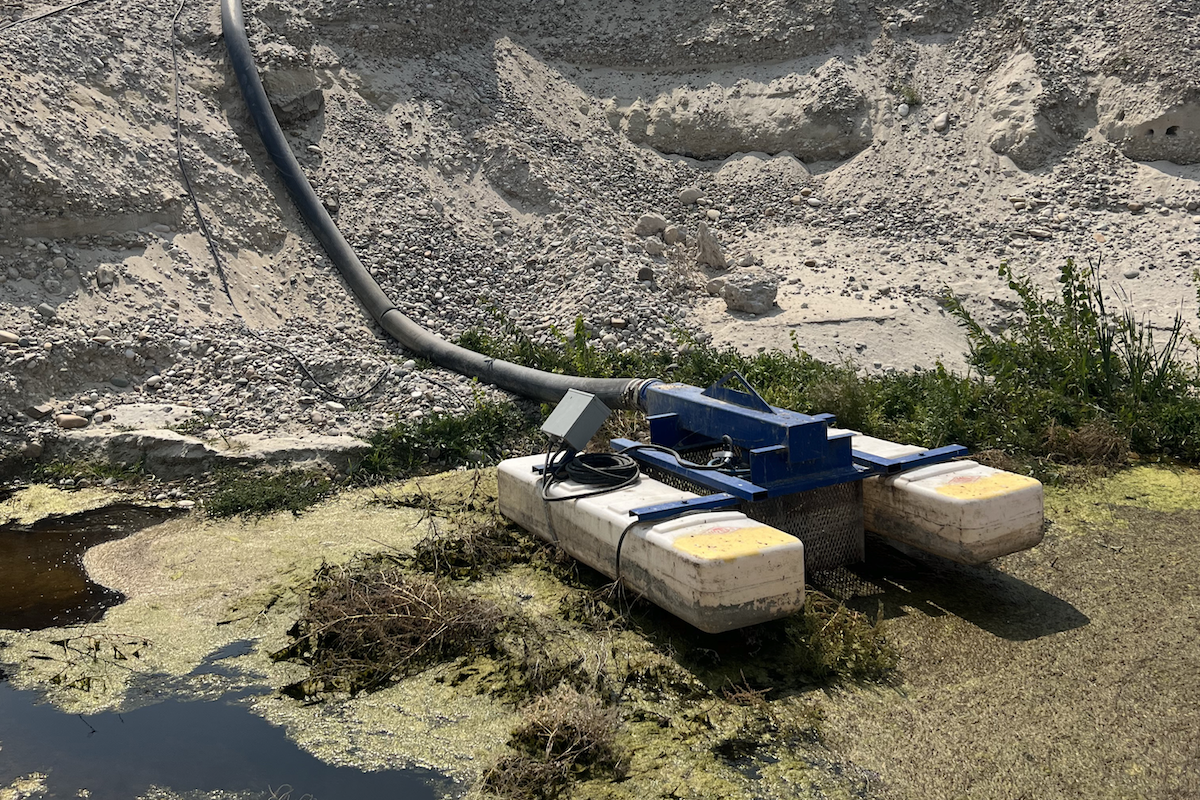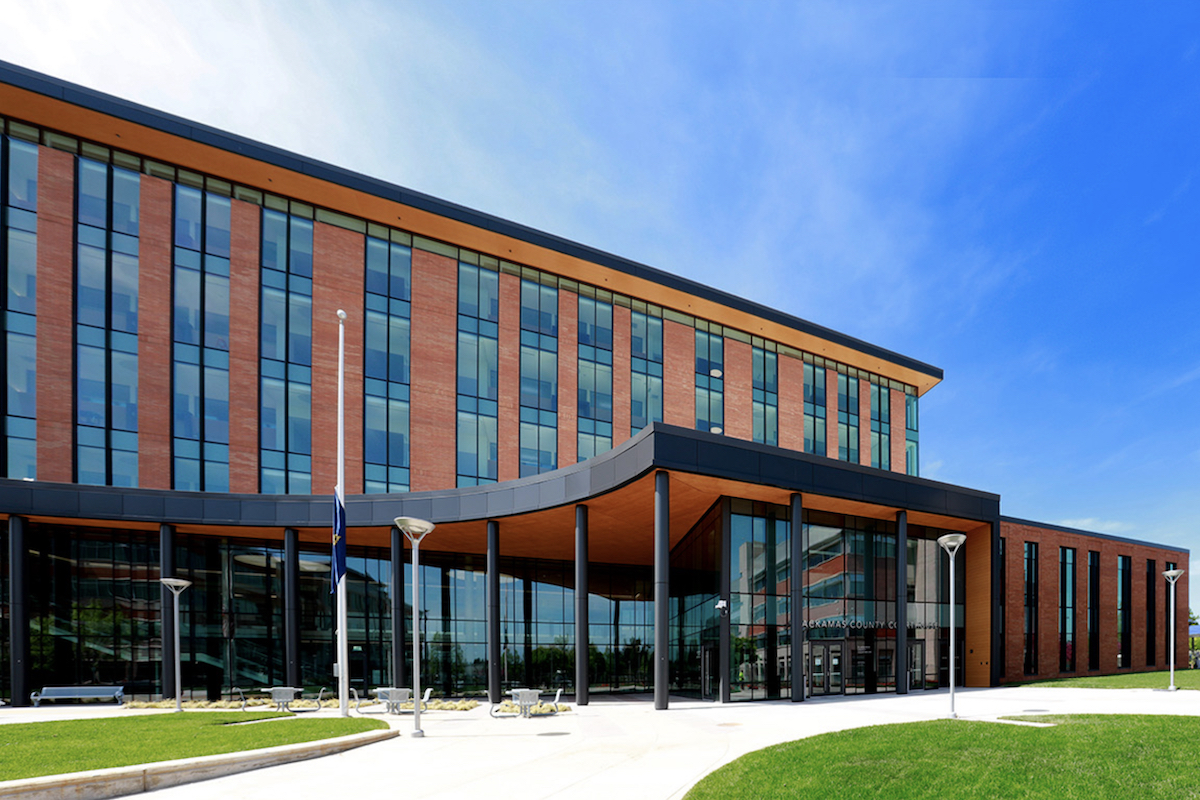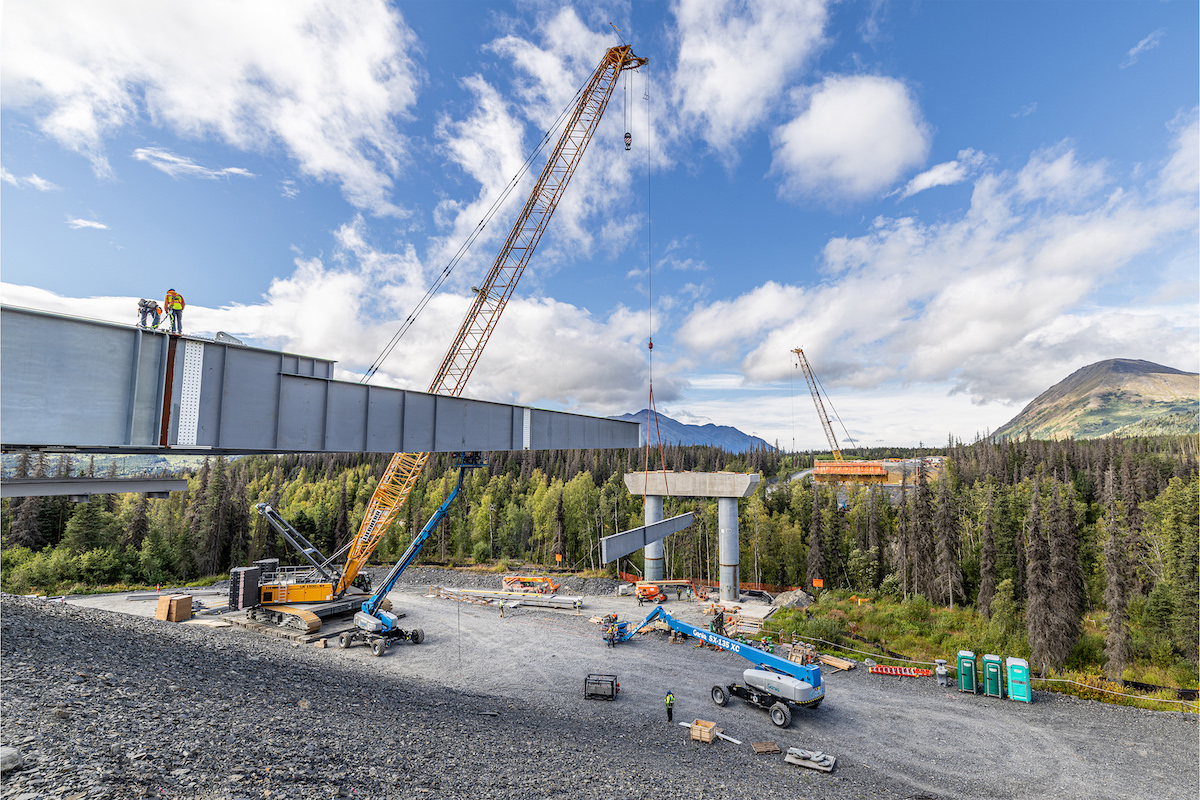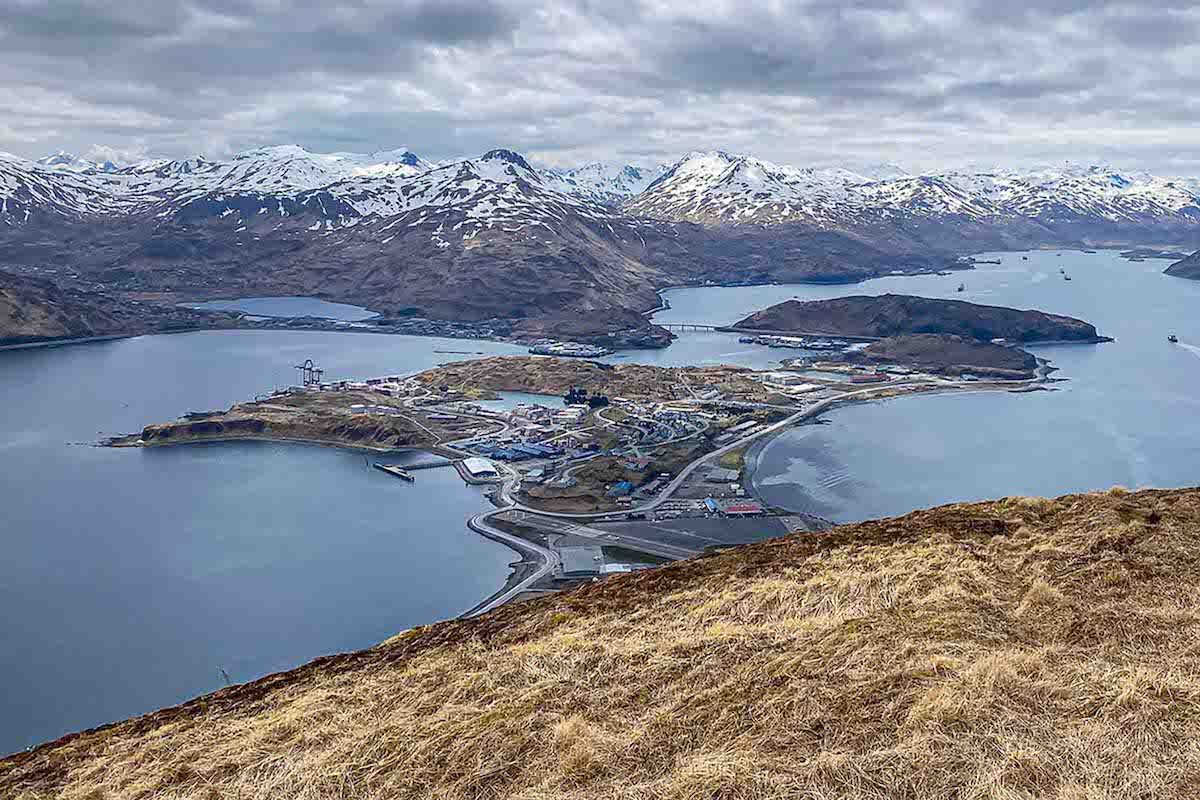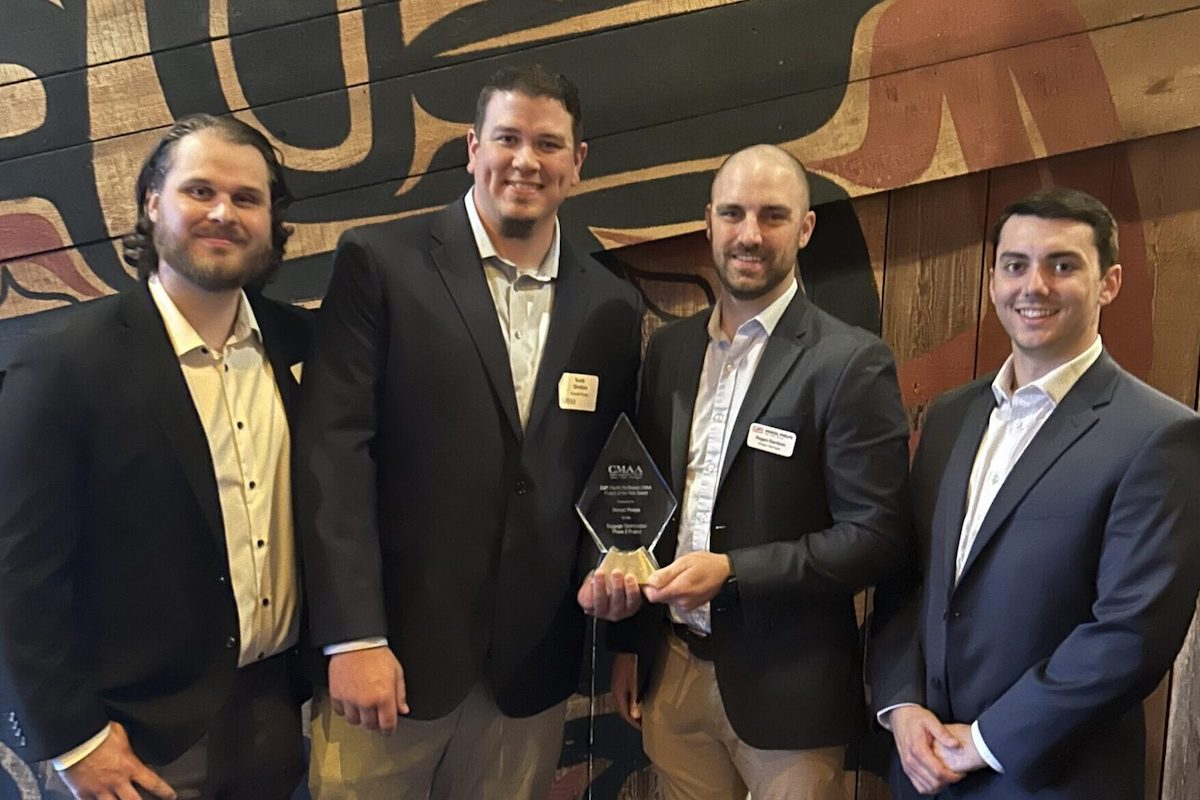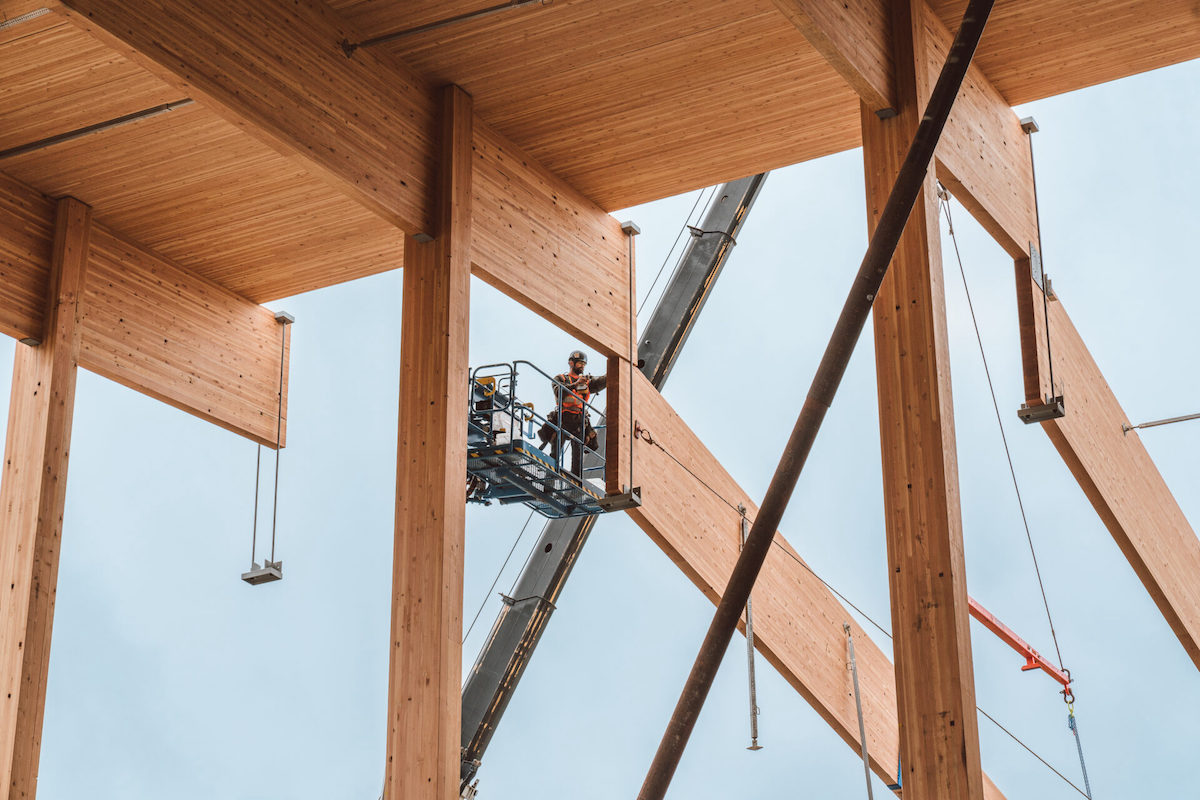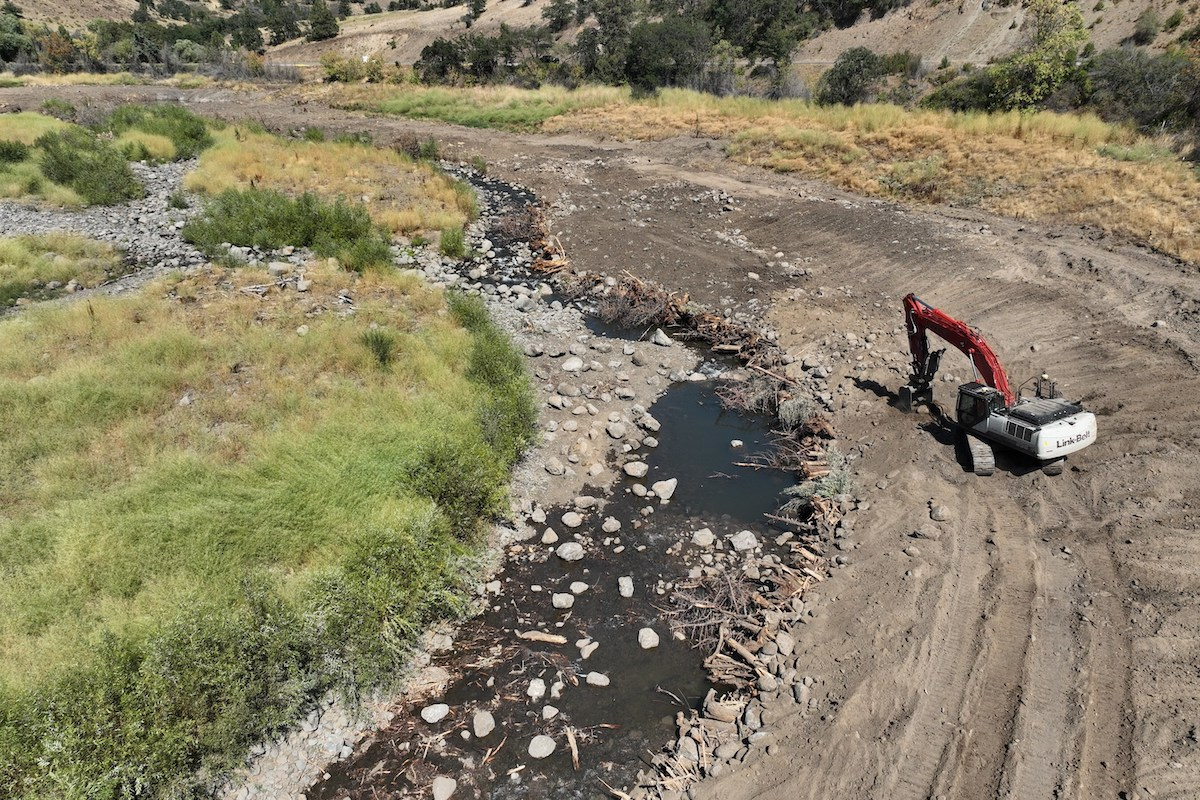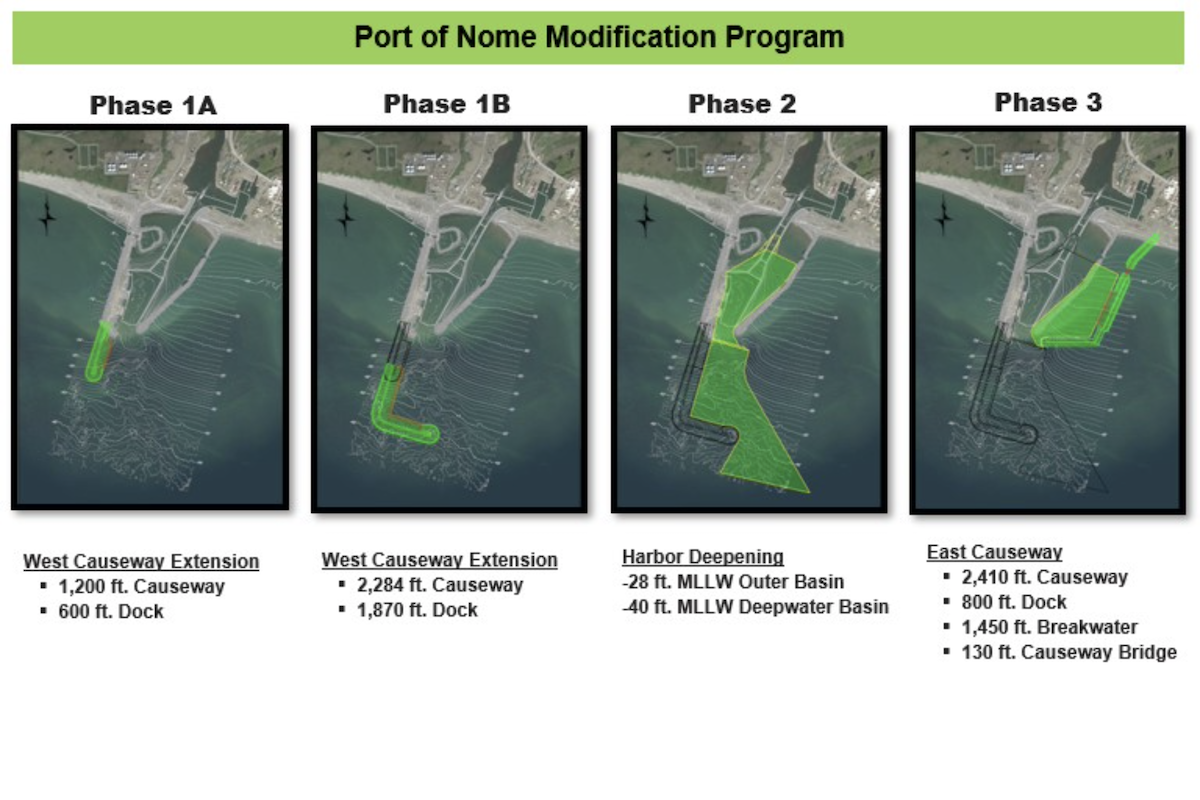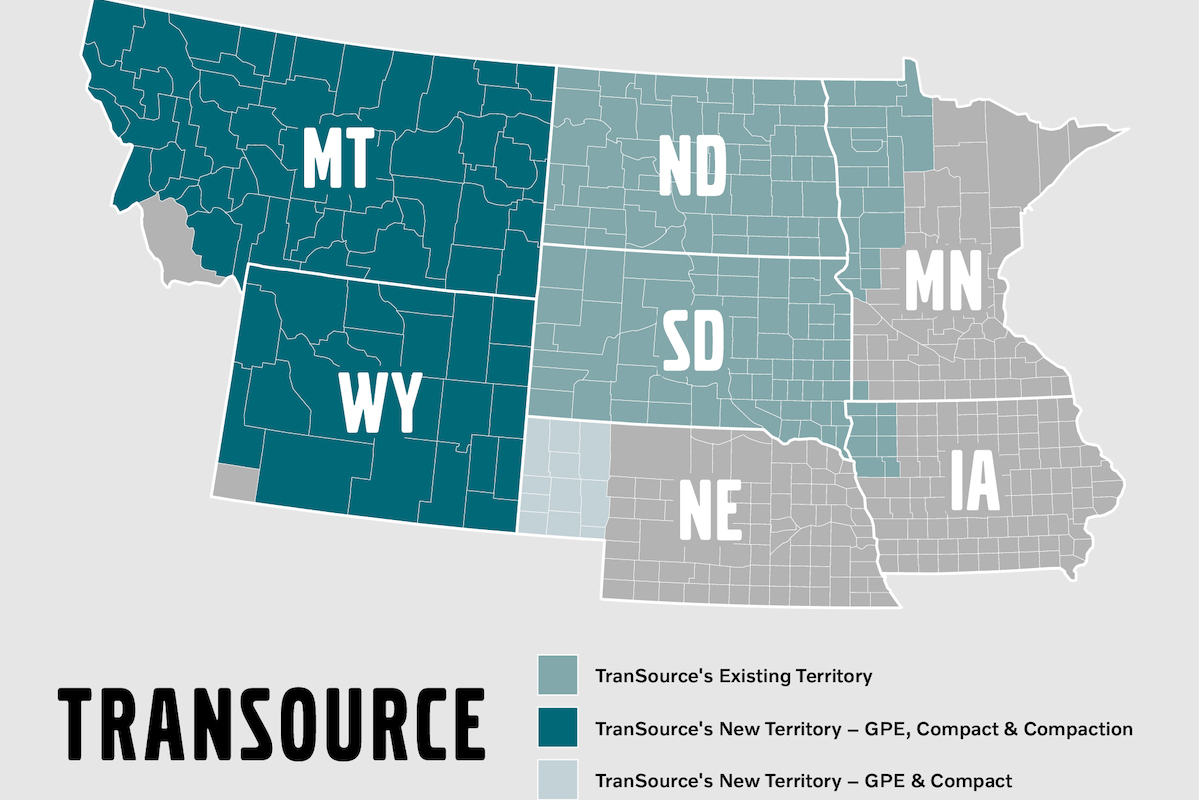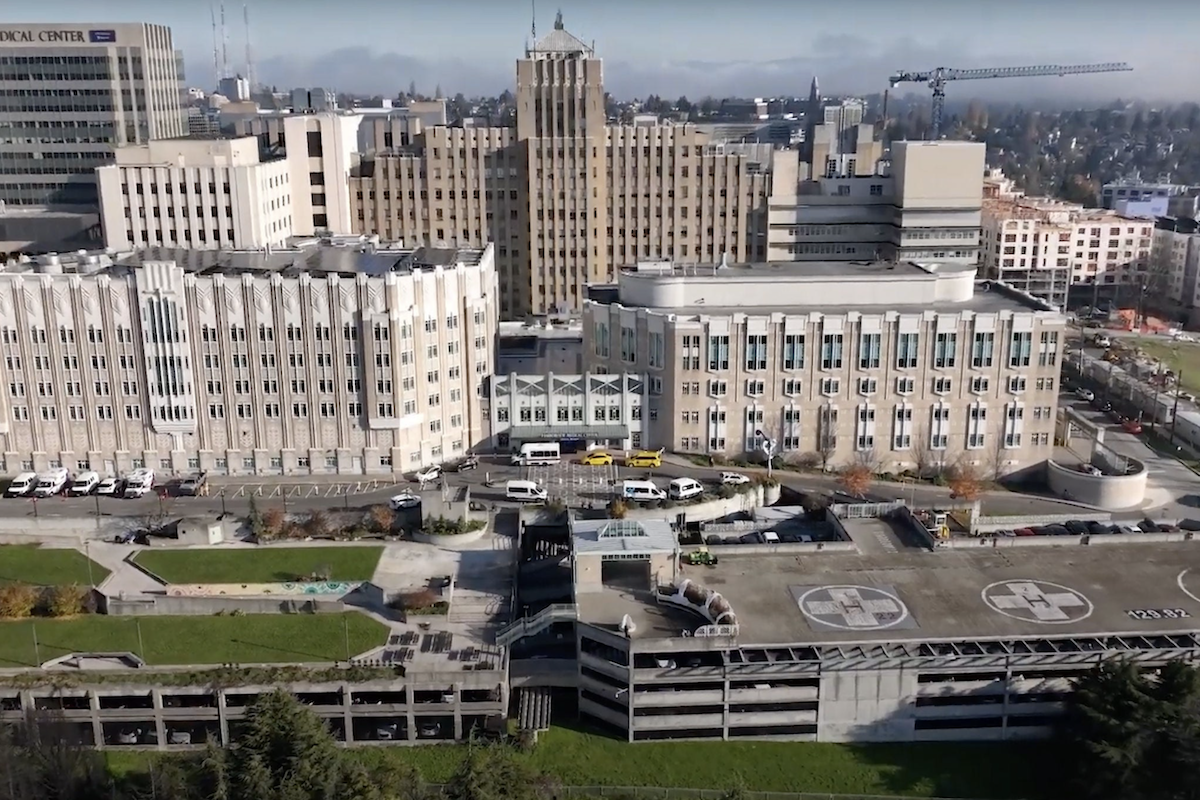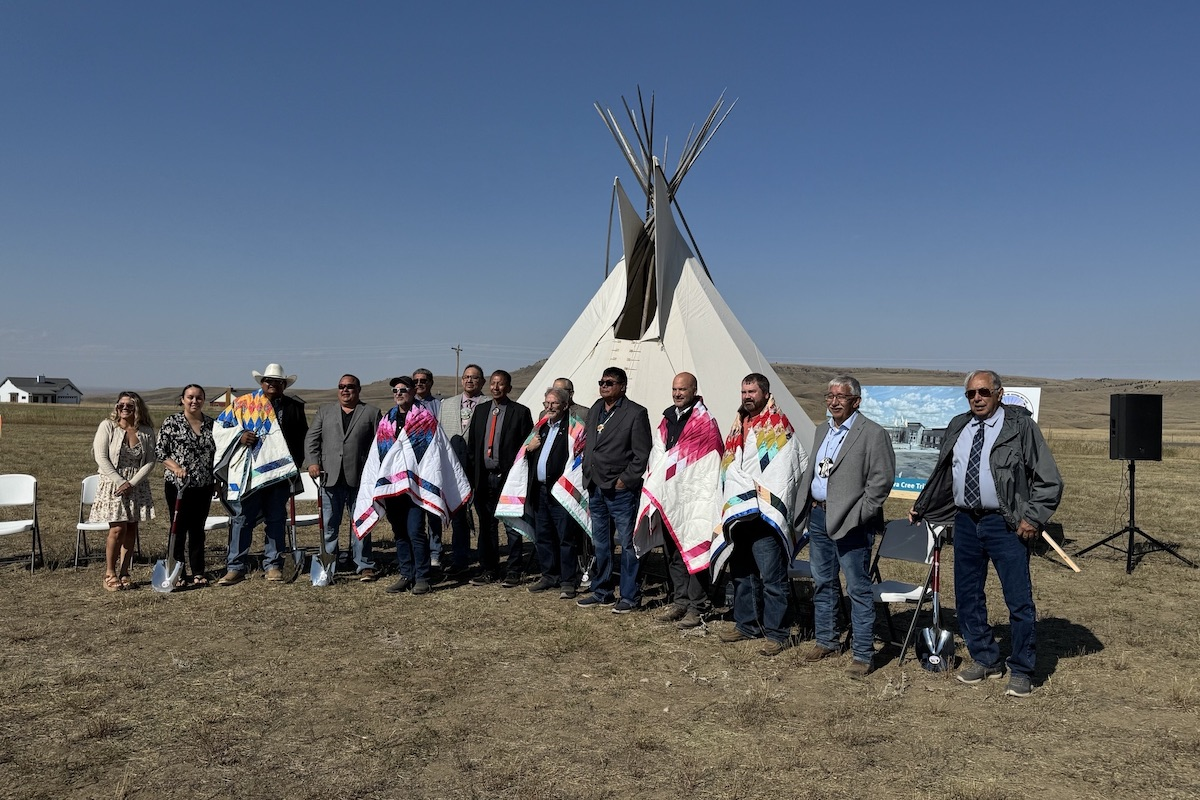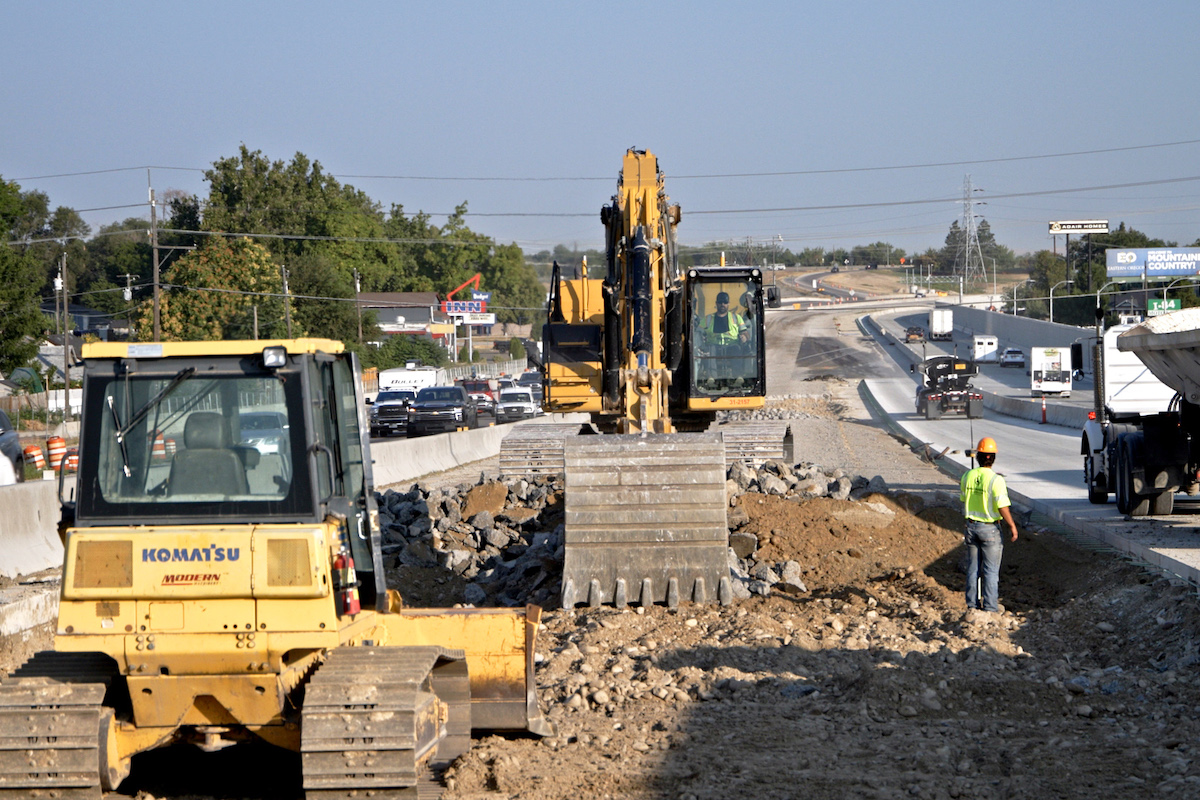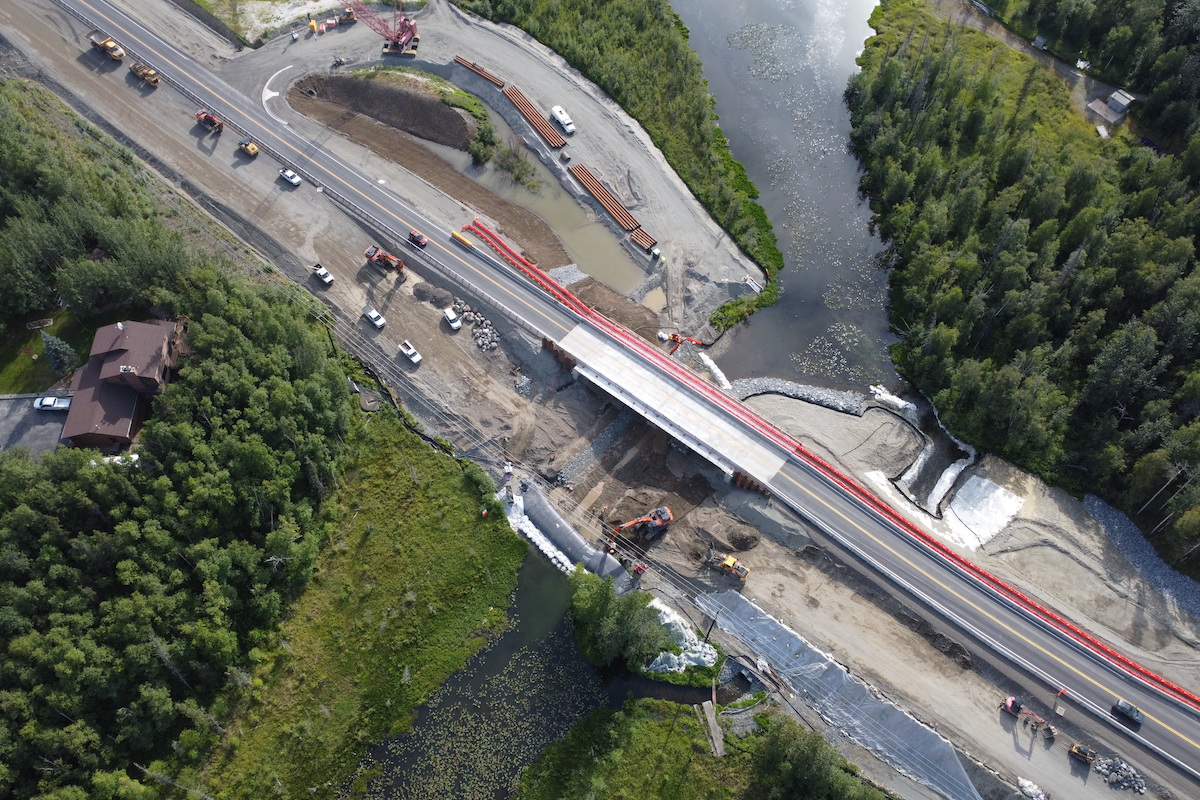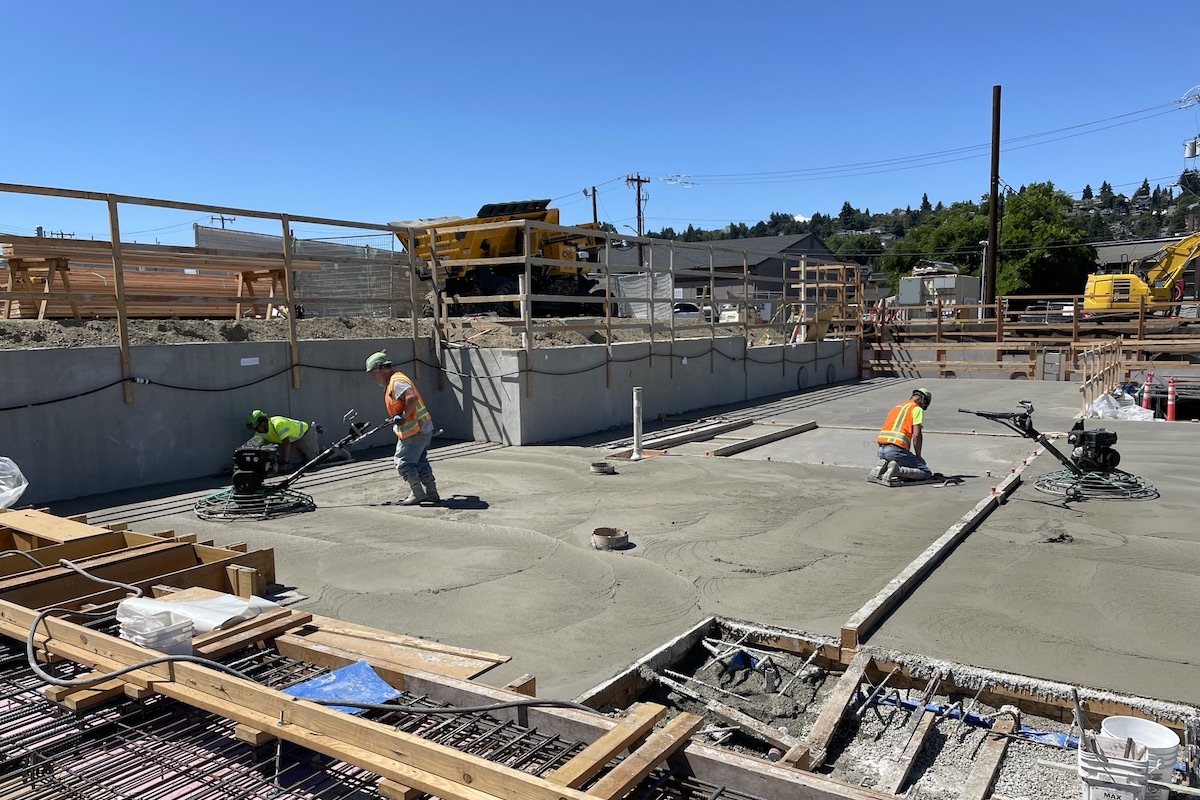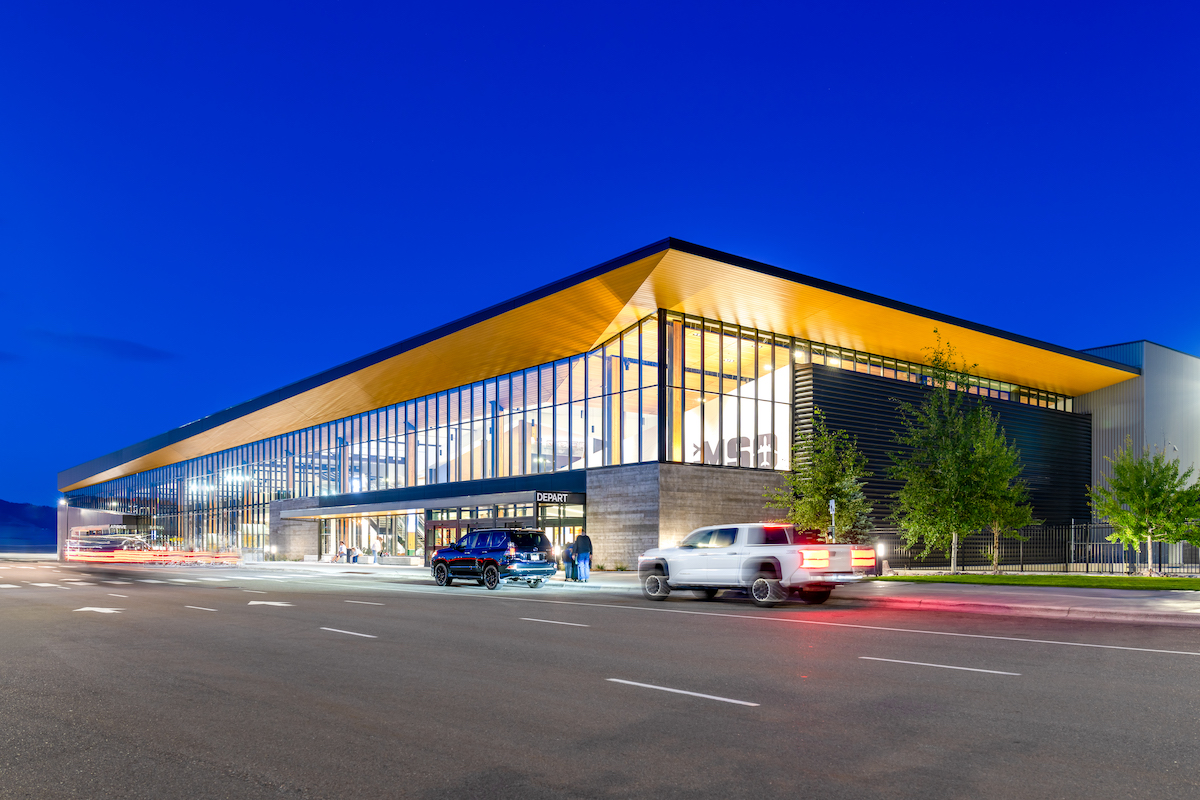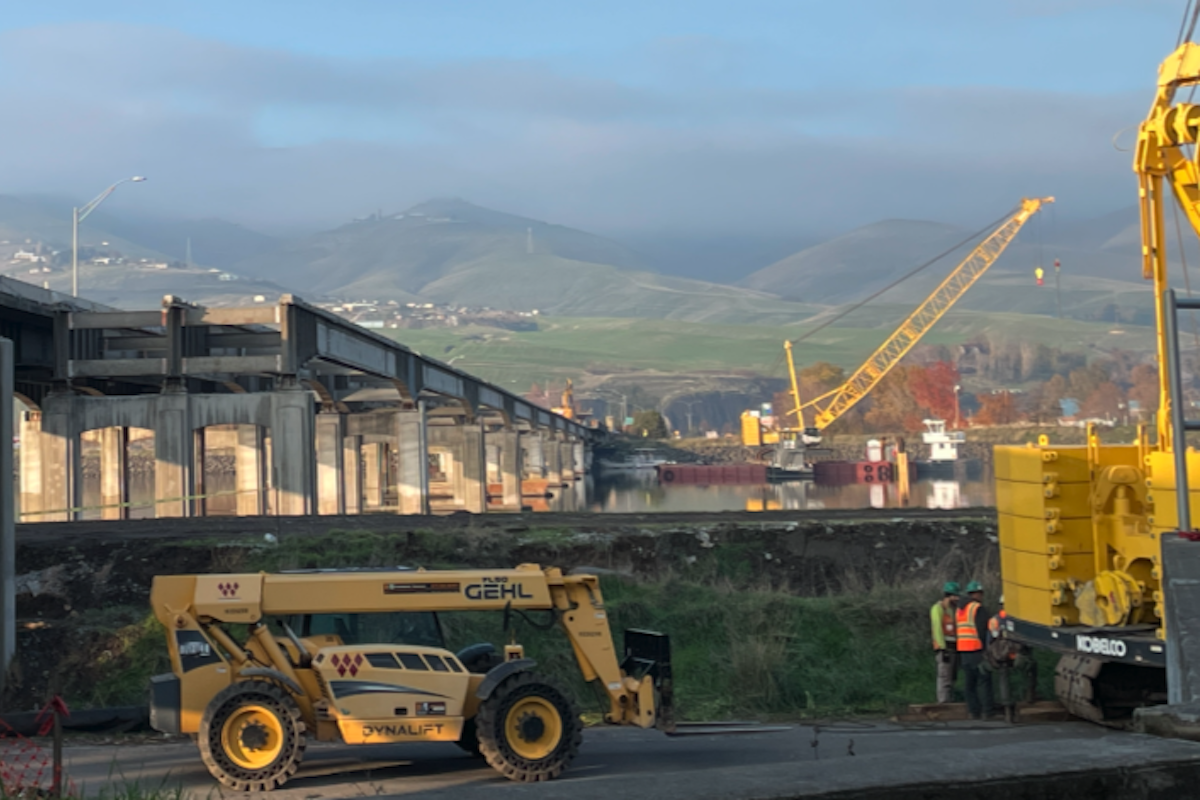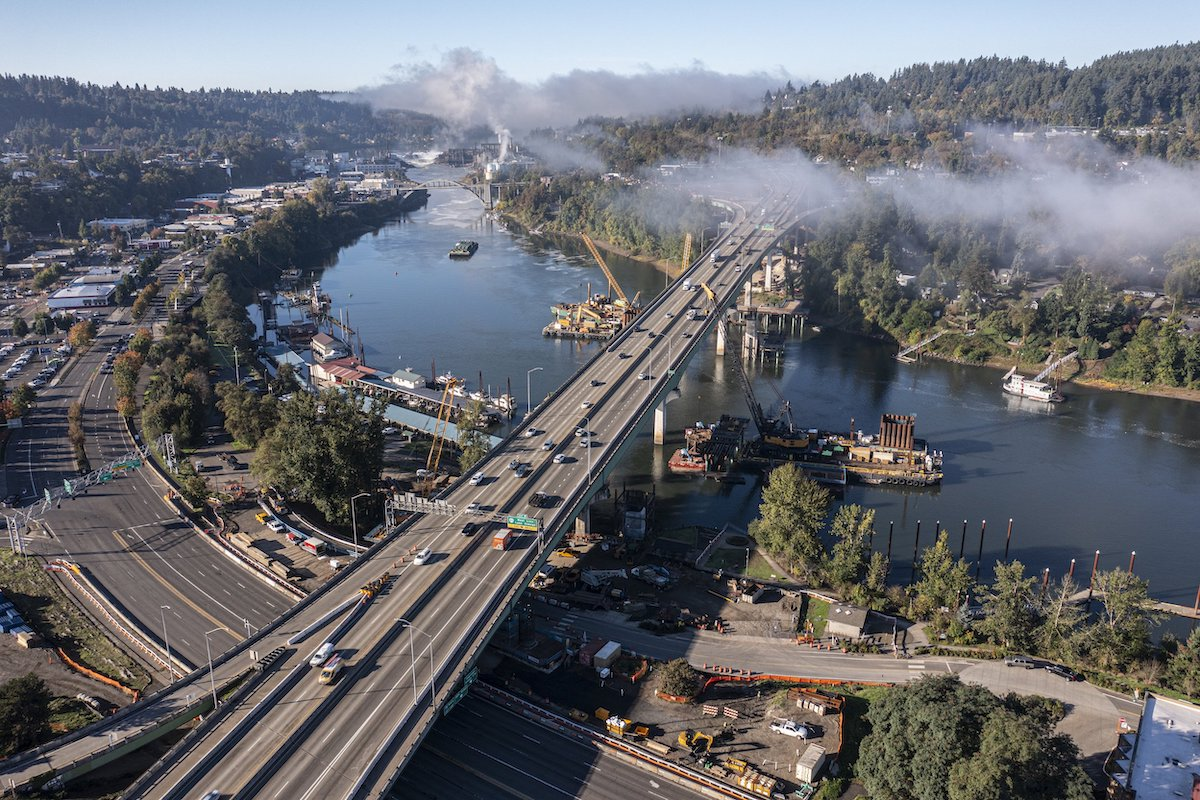A structural and geological investigation found that the bridges were vulnerable to liquefaction if an earthquake were to strike nearby. According to the U.S. Geological Survey website, this occurs “when loosely packed, water-logged sediments at or near the ground surface lose their strength in response to strong ground shaking.”
Both bridges are being torn down and replaced. The new bridges will be seismically sound structures that meet current standards. They’ll also improve accessibility. The old bridges didn’t have pedestrian walkways, while the new structures will have a separate 6-foot-wide lane for pedestrians and cyclists on the west side of the bridge and protected from oncoming traffic. The bridges will also have 8-foot-wide shoulders.
“The bridges are two totally different structures that look different but have many of the same architectural features,” says Clayton Malmberg, a Caltrans Area Construction Engineer responsible for overseeing all construction projects in the area.
The 130-ton steel Panther Creek Bridge is a single-span tied arch bridge. Two structural steel arches support the bridge deck. “We went with this type of bridge because we wanted to span the entire pond without impacting the creek and aquatic life,” explains Malmberg. The creek is a critical fishery habitat for salmon.

| Your local Metso Minerals Industries Inc dealer |
|---|
| PacWest Machinery |
| Westate Machinery Co |
A second reason for going with a tied arch bridge is the high water below the bridge. “There’s not enough depth space between the water and base of the bridge, so we couldn’t put in a box girder or steel girder,” says Malmberg. Beneath the bridge’s roadway is a series of fabricated diamond-shaped slope tie-girders, which allow for natural drainage to the pavement above.
The new Hunter Creek Bridge is being replaced with a two-span structure. The bridge has a midspan bent. The bridge segments were built from cast in place concrete slab segments, and post-tension occurred while on site.
Another difference came in the construction of the bridges. For the Hunter Creek Bridge, they had to drive pile length up to an additional 67’ on some piles beyond the expected amount to get to adequate bearing. It took two extra weeks for the team to find bedrock to support the bridges. Malmberg notes the team worked long hours and extra shifts during this period.
Despite being less than .2 tenths of a mile away, the Panther Creek Bridge achieved the required bearing capacity at the original design depth. So, even though both bridges are on creek beds which have silty soils, the team needed to go further down for piling on one more than on the other.
However, on the Panther Creek Bridge it was not possible because the entirety of the old bridge needed to be removed to construct the new tied arch structure. Instead, the team constructed a temporary bridge right alongside the new bridge.

| Your local Superior dealer |
|---|
| Westate Machinery Co |
Like many other construction projects, getting materials was challenging. The team got creative with scheduling and staging to keep the project progressing. However, the team had an additional challenge related to materials and the workforce. “Being in a rural area, maintaining a skilled workforce and a steady supply of materials required for construction can be a challenge. It’s a challenge to find people and bring them to the site,” Malmberg says. “Getting materials to the site is challenging as well, it being in a mountainous area.”
The project was begun in July 2020 and is on schedule to complete in Spring 2023. This is impressive, considering the supply chain issues and delays related to adding additional pile length piling.
The Hunter and Panther Creek Bridges is on budget at $21.1 million despite the challenges. Malmberg credits the contractor, “We have weekly meetings with the contractor and they’re good at letting us know if there are issues.”
The state is funding the project from Senate Bill 1 (SB 1), which California passed in 2017. The $54 billion package is for fixing roads, freeways, and bridges in communities across the state.
When the project completes and the bridges are in use, it will represent an improvement in active transportation in an economically disadvantaged area. Commuters and pedestrians alike will have a safe and up-to-date mode of transportation.

| Your local Volvo Construction Equipment dealer |
|---|
| PacWest Machinery |

















